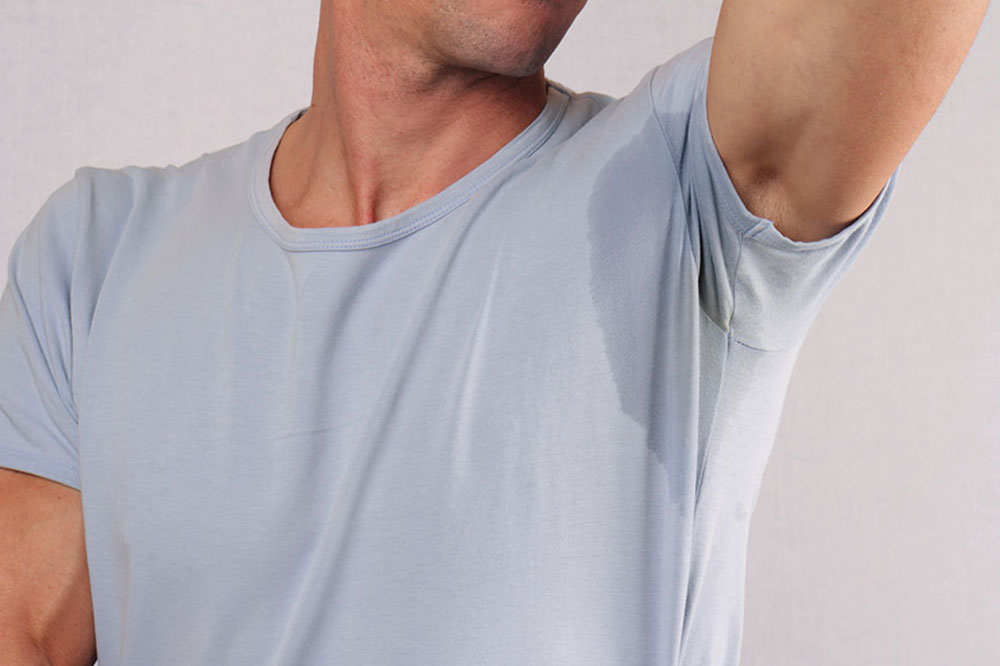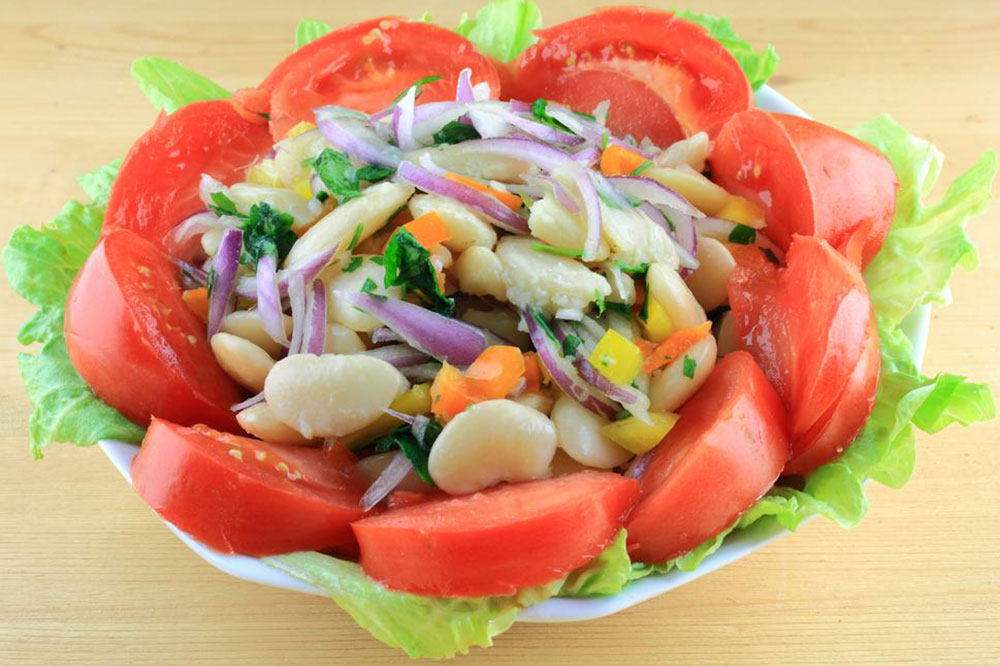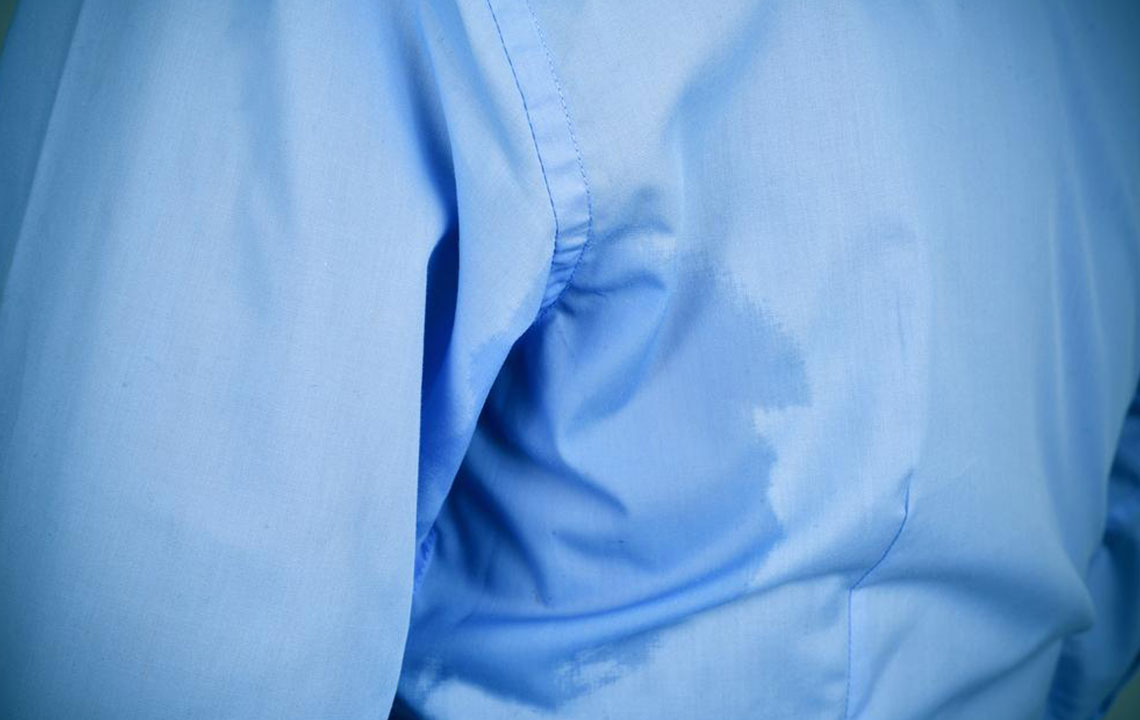Managing Excessive Sweating: Dietary Tips on What to Consume and Avoid
Learn effective dietary strategies to manage excessive sweating caused by hyperhidrosis. This article highlights foods to include, like hydration-rich fruits and healthy fats, and foods to avoid, such as processed and spicy foods. Proper diet can help control symptoms, but professional guidance is essential for personalized management. Incorporate these tips to improve comfort and confidence daily.
Sponsored

Hyperhidrosis causes individuals to sweat profusely regardless of weather conditions or activity levels. This can lead to discomfort, especially in public settings, as sweat may soak through clothing or drip from hands. While medical treatments are available, dietary modifications can also play a role in symptom management. Here are key foods to include and avoid to help control excessive sweating.
Foods to incorporate:
Fruits and vegetables rich in water content
Incorporating hydrating produce like watermelon, grapes, cauliflower, and eggplant helps keep the body cool and reduces excessive perspiration.
Healthy fats like olive oil
Olive oil facilitates smoother digestion and supports metabolic health, aiding in the regulation of body temperature and minimizing sweat episodes. Cooking with olive oil is recommended.
Ample hydration
Consuming plenty of water helps lower body temperature, which is beneficial in managing hyperhidrosis. Carrying a water bottle during the day ensures consistent hydration and can prevent overheating.
Foods to avoid:
High-fat, processed foods
Indulging in fried, sugary, or fast foods takes longer to digest, which can trigger excess sweating. Limiting intake of chocolates, white bread, and processed snacks is advisable.
Full-fat dairy products
High-fat milk and dairy can stimulate sweating even during consumption, making them a poor choice for hyperhidrosis sufferers.
Spicy foods
Spicy dishes stimulate sweat glands as the body perceives them as heat, leading to unnecessary sweating similar to hot weather responses. Moderation is key.
Consulting a dietitian before changing eating habits is recommended, as personalized advice can greatly benefit managing hyperhidrosis effectively.






